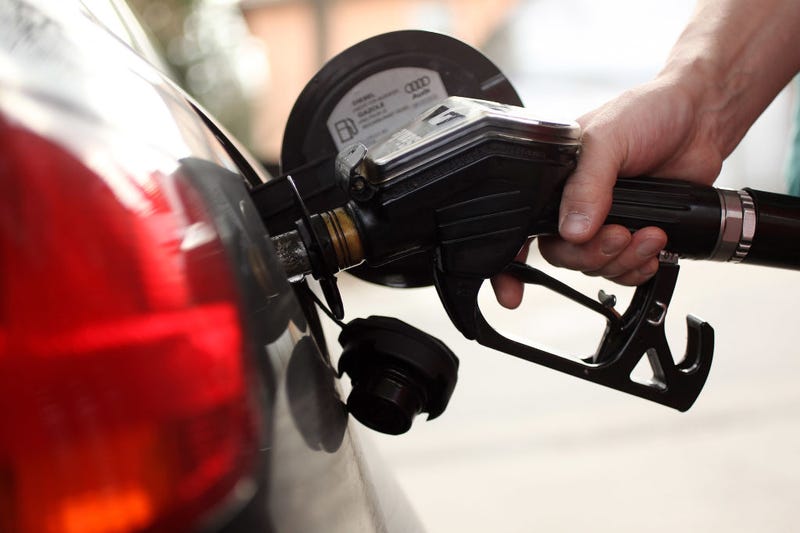
Uncertainty looms in the Middle East as Iran and Israel trade blows on the world stage. That uncertainty has trickled down to consumers worried about how expensive a trip to the gas pump may get due to the ongoing conflict.
Greg Upton, Director of the LSU Center for Energy Studies, joined WWL’s Tommy Tucker to discuss concerns Americans may have about how this conflict, so far away, might impact their bottom line at home.
Uptown notes the oil supply has diversified since previous decades, where nearly all of the world’s oil came from the Middle East, which should help stave off any dramatic price hikes.
“The supply of oil globally has really been diversified. The United States has seen a straight decade or so of increased oil production. That oil production continues to increase every year, so the relative importance of those imports from the Middle East has subsided. In fact, we’re a net exporter of oil and refined products now,” emphasized Upton.
For those who lived through the oil embargo and OPEC crisis of the 1970’s, Upton says he doesn’t see any situations nearing that level of crisis on the horizon.
While there is no crystal ball that can see into the future, and Upton concedes that there are many wild cards at play, oil futures offer some insight.
“Interestingly, when I look at the futures markets, they are saying that prices should be back down to about $67 per barrel by January. That tells me that the markets are anticipating the effects on the global oil markets to be short-lived and everything will be back to normal going forward,” Upton added.

